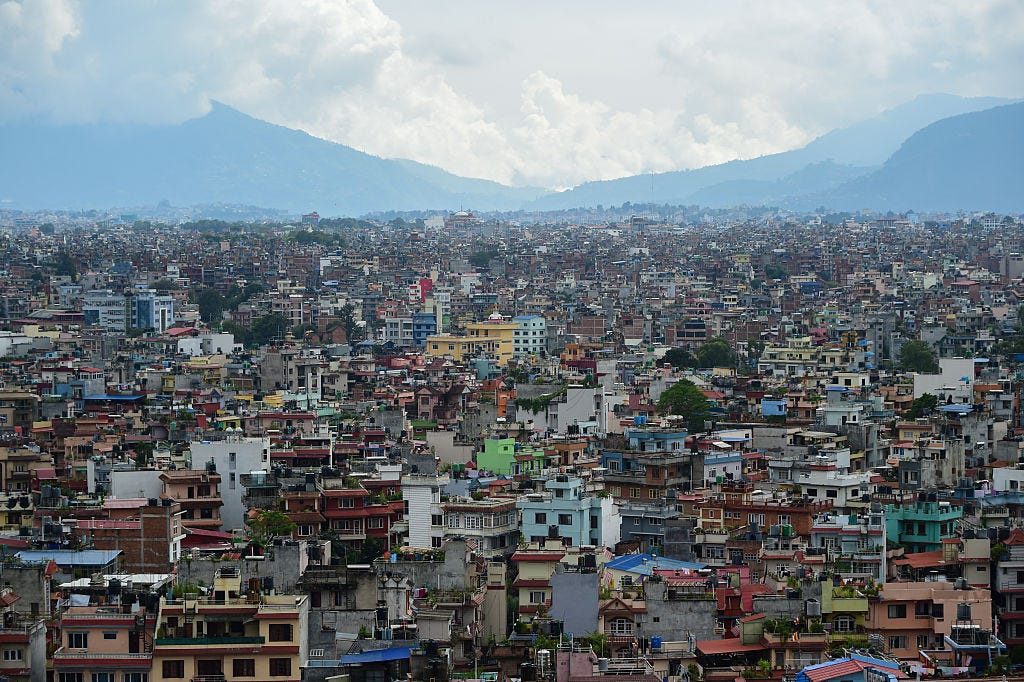Two good-news stories about democracy
Lessons from Nepal and Brazil
It has been a bleak week in the United States, there’s no denying. But a look around the world, even now, is a reminder that the institutions and services that have become tools of oppression also have liberatory potential, and points the way towards how things might have gone — and could still go very differently in our own future.
Yes, in spite of everything, today’s letter will be hopeful. We need it. If you like these explainers, stand up for independent journalism by becoming a supporting subscriber.
A Discord revolution?
Following the murder of right-wing activist and influencer Charlie Kirk, social media in the United States has been dominated by misinformation, full video of the deaths of human beings, and threats of further violence — a tide of online speech, though much of it aimed at stifling online speech itself, with the promise of worse clampdowns to come in real life, from those who should know better.
I have been disgusted to see some on social media praising, rationalizing, or making light of the event, and have directed our consular officials to undertake appropriate action,” Landau added. “Please feel free to bring such comments by foreigners to my attention so that the State Department can protect the American people.
It’s a tenuous time for constitutional freedoms, also another example of the worst of the online world escaping containment to rampage IRL. If the election of Donald Trump marked the triumph of a meme, this feels like another outbreak, with a bad-faith notion of “free speech” and “open debate” taking the place of their good-faith counterparts as if in some misinformation-age remake of Invasion of the Body Snatchers. Right-wing voices on and offline worked overtime to gin up an argument that online leftists were celebrating Kirk’s murder to cast offline liberals as terrorists, defining the right to speak as clearly for me and not thee, from the perspective of the powerful.
In all this, it’s easy to forget that social media’s got a good side. In the U.S., despite its early promise, it’s been both a victim of and a partner in the transition to authoritarianism, and Americans realize it, with some two-thirds of them convinced, for good reason, that it’s been bad for democracy. The story outside of Western Europe and North America, however, is markedly different — with large majorities seeing social media as a force for democracy.
For evidence of that — and the power of a real vibe shift — look to Nepal,




